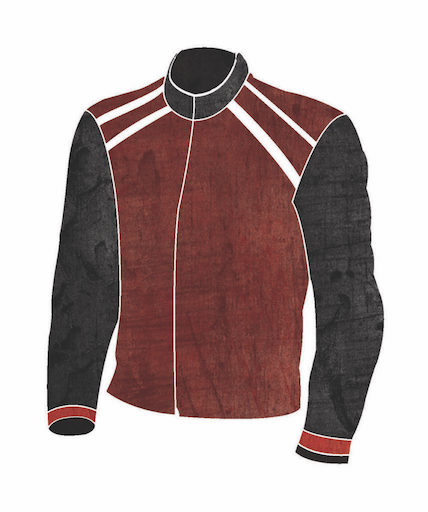
Barbie is “#Unapologetic” for her unattainable body figure and seeking to extend her repertoire to sex-symbol status for men by posing in the latest Sports Illustrated Swimsuit Edition.
Mattel, the company that owns and creates the Barbie products, is not unused to controversy when it comes to Barbie. While the company claims that Barbie is a positive role model because she shows the variety of careers that a woman can choose, she also promotes an unrealistic and impossible body image. Titling this new campaign “#Unapologetic” is a slap in the face to anyone who disagrees with Barbie’s unrealistic measurements. It is saying that they realize her measurements are impossible, but they also do not care.
Posing Barbie in the Sports Illustrated Swimsuit edition is ridiculous because it equates an idealized woman’s body with a child’s toy and sends a horrible message to girls that play with Barbies about what it takes to be attractive. This gives the impression that these “real” women on the pages of this magazine are on the same level as a toy and can be treated as such.
Barbie was originally modeled after a 1952 German doll called Bild Lilli, who has close measurements to the original Barbie and was featured in a cartoon, according to the Examiner. In the cartoon, she dated rich men and was unafraid to discuss sexual topics. Bild Lilli was marketed to adults, but was commercially a failure in the children’s market because mothers refused to buy them for their daughters. What did not sell to children in Germany in the ’50s became a commercial empire in the United States a few years later when Barbie was created by Ruth Handler in 1959.
This new campaign involves a special edition doll that can be purchased at Target. The organization maintains that the point of the campaign is to “empower fans to engage and celebrate all that makes them who they are,” according to a Mattel spokesperson.
Mattel purports that this campaign is not targeted toward its traditional market; however I wonder what the point is of including a child’s toy in a magazine that is largely consumed by men. Both Sports Illustrated and the special swimsuit edition are overwhelmingly purchased by men. Echo Media reports that 77 percent of Sports Illustrated purchasers and readers are men, with the average age around 37.
Mattel would like us to believe that the purpose of this campaign is that its average 37-year-old male fan can be “empower[ed] to engage and celebrate all that makes them who they are.” In reality, they objectify the women choosing to pose and put them on the same level as a physically unrealistic doll. This sends the idea to girls that the way they look is what sexy is. This lowers the market for the special edition by opening the door for a wave of young girls to receive or want this doll.
This calls for action to be taken against Mattel. Posing Barbie in a magazine that glorifies the objectification of scantily-clad women is unacceptable. By putting the doll that they play with on the same pages as the women in this magazine, it puts the doll on the same level as these women, which is degrading to women.
Barbie might be “#Unapologetic” for her actions, but she, and Mattel, should rectify them.
Contact Whitney Carter at wcarter16@my.whitworth.edu








Former student • Mar 6, 2014 at 11:49 pm
Unattainable body image? I dare to say that is an excuse, for the lack of better words. Look at European women, they tend to eat less and work out more, thus sculpting their figures to be much more appeasing for the eye. I know plenty of women who look better than the Barbie doll just because they do what it takes to look good and be healthy. I am sorry that you don’t feel that way.